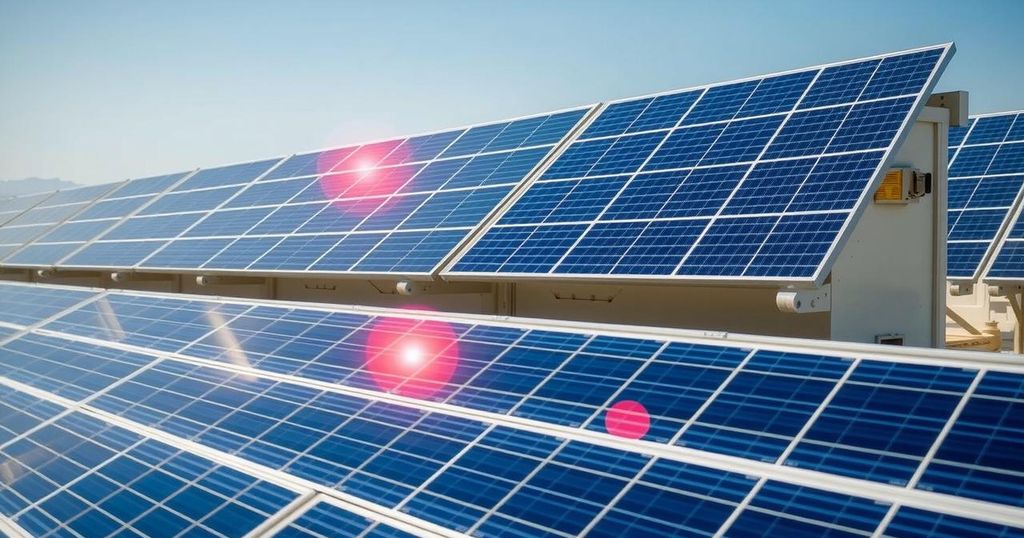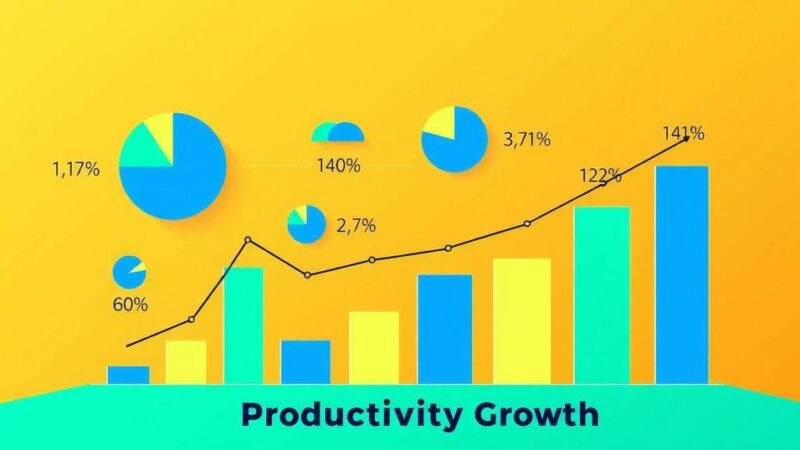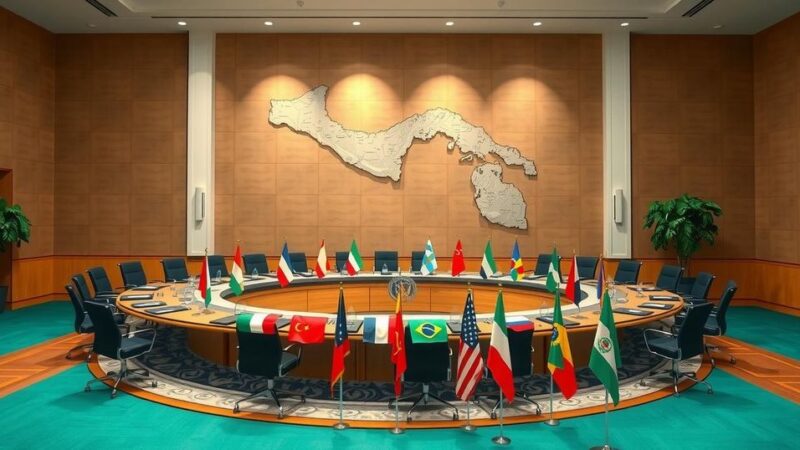The U.S. solar industry’s new lobbying strategy for the Trump administration focuses on job creation and energy demands, omitting references to climate change. The SEIA outlines its main priorities, emphasizing domestic manufacturing and energy security, while avoiding topics like tariffs and the IRA. This strategic shift marks a significant departure from previous climate-focused advocacy, as the industry seeks to align with the anticipated economic policies of the incoming administration.
On Thursday, the U.S. solar industry disclosed its lobbying agenda for the forthcoming Trump administration, emphasizing its potential to be a catalyst for domestic job creation and to address surging energy demand. This marks a significant departure from the industry’s previous focus on climate change, notably disregarding its critical role in this area amid concerns that President-elect Trump may seek to dismantle the climate initiatives established under the previous administration’s Inflation Reduction Act (IRA).
The Solar Energy Industries Association (SEIA), the foremost trade group for solar energy in the United States, articulated its priority areas for the initial 100 days under Trump. The strategy encapsulates a vision of solar energy as vital for national energy security, advocating for increased domestic solar manufacturing, reduced reliance on foreign entities, particularly China, and demands for lenient regulations concerning infrastructure investments and grid access for solar deployments.
Abigail Ross Hopper, CEO of SEIA, underscored the industry’s importance, stating, “Solar is critical to meeting America’s growing need for electricity and providing power for manufacturing, data centers, cryptocurrency, and AI.” She further characterized the strategy as a pathway for the Trump administration and Congress to leverage robust federal support for solar and storage initiatives while fulfilling a commitment to a thriving American energy landscape.
Notably absent from the agenda was any reference to climate change or the IRA. This contrasts sharply with their 2020 agenda, which prominently included advocacy for carbon pricing and reiterated commitments to combating climate issues. Additionally, the SEIA’s current agenda did not address potential tariffs, despite its longstanding opposition to them, and Trump’s pledge to apply such tariffs as part of his broader economic policy.
Nevertheless, the SEIA pointed out that U.S. solar capacity witnessed a 128% increase during Trump’s initial term, affirming that some advocacy points, like enhanced solar development on public lands and better grid access, have remained constant.
The U.S. solar industry has been a significant player in addressing energy demands while also contributing to climate change mitigation efforts. The Inflation Reduction Act (IRA), passed during President Biden’s tenure, provided substantial support for renewable energy sources, including solar. The Trump administration may pose a challenge to these initiatives, with indications of a shift in focus away from climate advocacy, emphasizing instead job creation and energy independence. The Solar Energy Industries Association (SEIA) aims to navigate this new political landscape by strategically aligning its priorities to align with the incoming administration’s economic framework.
In summary, the U.S. solar industry’s recent lobbying agenda indicates a strategic pivot from climate-centric advocacy to a focus on job creation and energy security under the Trump administration. This shift reflects an attempt to sustain industry growth amid potential policy reversals while emphasizing domestic manufacturing and reduced reliance on foreign imports. By presenting its case within the framework of economic opportunity, the SEIA seeks to maintain momentum in the face of a changing political and regulatory environment.
Original Source: wmbdradio.com







